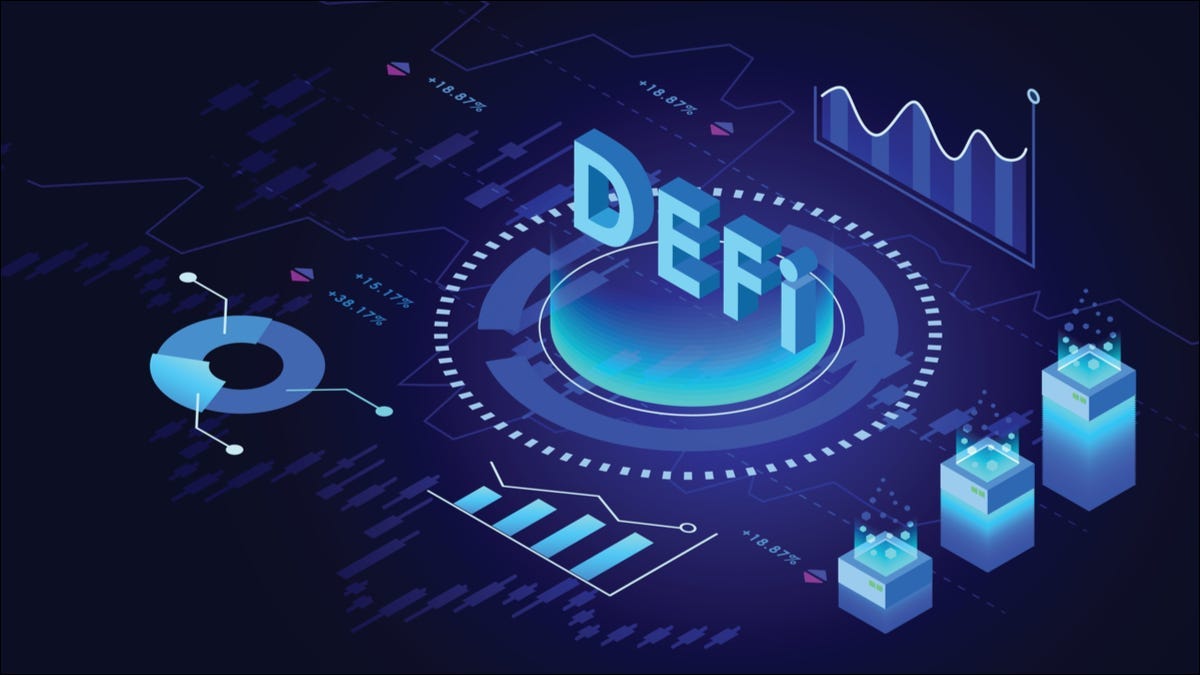Blockchain technology has been a buzzword in the tech industry for over a decade, but its potential to revolutionize various sectors is only beginning to be realized. Beyond cryptocurrencies, blockchain offers a new way to handle data, ensure security, and foster transparency. In this blog post, we will explore how blockchain technology is impacting modern business, the challenges it faces, and the opportunities it presents.
Understanding Blockchain Technology
What is Blockchain?
At its core, blockchain is a decentralized ledger technology that records transactions across multiple computers. These records, known as blocks, are linked together in a chain and are secured using cryptographic principles. This decentralized approach ensures that no single entity controls the entire database, enhancing security and transparency.
Key Features of Blockchain
- Decentralization: Unlike traditional databases, a blockchain is maintained by a network of nodes, making it resistant to centralized control and failure.
- Transparency: Transactions on a blockchain are visible to all participants, promoting transparency and trust.
- Immutability: Once recorded, data on a blockchain cannot be altered, ensuring the integrity of the information.
- Security: Cryptographic techniques protect data, making it extremely difficult for unauthorized parties to alter the blockchain.
Blockchain in Business
Supply Chain Management
Blockchain technology is transforming supply chain management by enhancing transparency and traceability. Every transaction and movement of goods can be recorded on the blockchain, providing a clear audit trail. This helps businesses track the origin of products, verify authenticity, and reduce fraud.
Real-World Applications
- Provenance: Companies like Provenance are using blockchain to trace the journey of products from raw materials to the end consumer, ensuring ethical sourcing and transparency.
- Walmart: Walmart uses blockchain to track its food supply chain, enabling quicker identification of contamination sources and reducing the risk of foodborne illnesses.
Financial Services
The financial sector was one of the first to recognize blockchain’s potential. Blockchain technology can streamline processes, reduce costs, and enhance security in financial transactions. Smart contracts, which are self-executing contracts with the terms directly written into code, are particularly impactful.
Real-World Applications
- Cross-Border Payments: Ripple uses blockchain to facilitate real-time cross-border payments, reducing transaction times from days to seconds.
- Smart Contracts: Ethereum’s blockchain enables the creation of smart contracts, automating agreements and reducing the need for intermediaries.
Healthcare
In healthcare, blockchain can improve patient data management, enhance security, and facilitate data sharing among stakeholders. Patients can have control over their own medical records, granting access to healthcare providers as needed.
Real-World Applications
- Medical Records: Companies like Medicalchain are developing blockchain-based platforms for managing and sharing electronic health records.
- Pharmaceuticals: Blockchain can track the supply chain of pharmaceuticals, preventing counterfeit drugs from entering the market.
Real Estate
Blockchain is also making waves in the real estate industry. It can simplify property transactions, reduce fraud, and provide a clear chain of ownership. Tokenization of real estate assets allows for fractional ownership and greater liquidity.
Real-World Applications
- Property Transactions: Propy uses blockchain to streamline property transactions, reducing paperwork and improving security.
- Fractional Ownership: Platforms like RealT offer fractional ownership of real estate through tokenization, making property investment more accessible.
Challenges Facing Blockchain Technology
Scalability
Blockchain networks can become slow and inefficient as they grow. Scalability is a major challenge, as the process of validating and recording transactions can be resource-intensive.
Regulatory Uncertainty
The regulatory environment for blockchain and cryptocurrencies is still evolving. Uncertainty around regulations can hinder adoption and create challenges for businesses looking to implement blockchain solutions.
Integration with Existing Systems
Integrating blockchain with existing systems can be complex and costly. Businesses need to invest in new infrastructure and train employees to use blockchain technology effectively.
Security Concerns
While blockchain itself is secure, the applications built on top of it can have vulnerabilities. Ensuring the security of these applications is crucial to prevent hacks and data breaches.
Opportunities for Blockchain in Business
Enhanced Security
Blockchain’s cryptographic principles provide enhanced security for data storage and transactions. Businesses can leverage this to protect sensitive information and reduce the risk of cyberattacks.
Increased Transparency
The transparency of blockchain can foster trust among stakeholders. In industries like supply chain management and finance, this can lead to better relationships with customers and partners.
Cost Reduction
By eliminating intermediaries and automating processes, blockchain can reduce operational costs. This is particularly beneficial in sectors like finance, where transaction fees can be significant.
Innovation and New Business Models
Blockchain opens up opportunities for innovation and the development of new business models. For example, decentralized finance (DeFi) platforms are creating new ways for people to access financial services without traditional banks.
Blockchain technology is poised to transform various sectors, offering enhanced security, transparency, and efficiency. While challenges remain, the opportunities it presents are vast and varied. Businesses that embrace blockchain and adapt to its evolving landscape will be well-positioned to thrive in the digital age.
At TechSage, we are committed to providing you with the latest insights and trends in blockchain technology. Stay tuned for more in-depth analysis and expert advice to help you navigate the rapidly changing tech landscape.





Leave a Reply